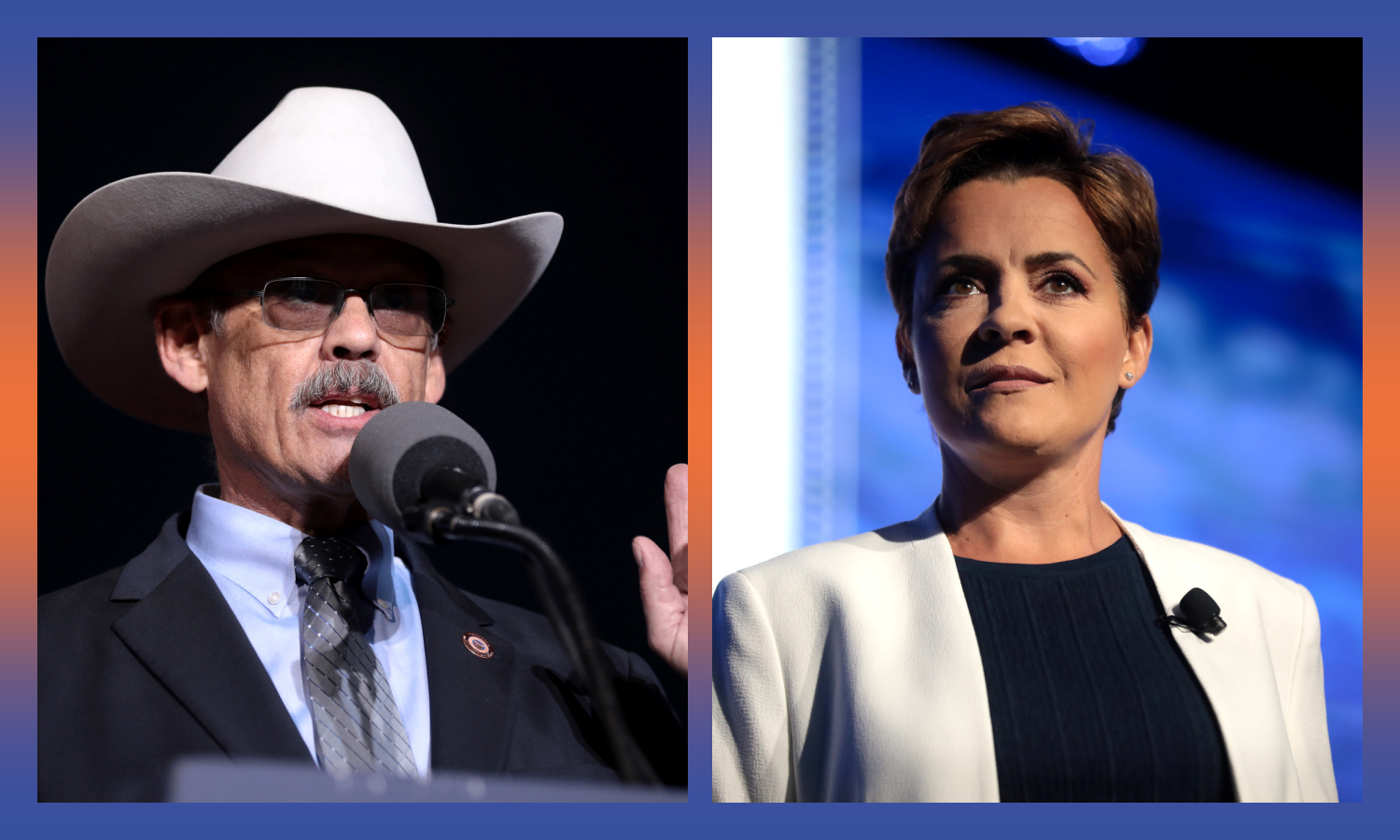Arizona Supreme Court
State Bar Set to Challenge Dismissal of Ethics Allegations Against Lake and Finchem Attorneys

The State Bar of Arizona has announced plans to appeal an attorney discipline panel’s decision, which dismissed ethics charges against attorneys representing Republican candidates Kari Lake and Mark Finchem. These charges stemmed from a lawsuit filed in 2022 that sought to prohibit the use of electronic ballot tabulators in the state.
Last month, the panel determined that the State Bar did not provide “clear and convincing evidence” of ethical violations, resulting in the dismissal of complaints against lawyers Andrew Parker and Kurt Olsen. Taylor Tasler, Public Relations Manager for the Arizona Bar, confirmed the filing of a Notice of Appeal but provided no additional details.
The panel’s decision referenced a ruling from the Arizona Supreme Court, which earlier in the year overturned sanctions against the Arizona Republican Party in a case challenging election results in Maricopa County. The Court ruled that attorneys should not face sanctions for filing “long-shot complaints” related to elections.
Before the 2022 midterm elections, Olsen and Parker represented Lake and Finchem in a lawsuit claiming that electronic ballot tabulators used in Maricopa and Pima counties were vulnerable to hacking. Both Lake and Finchem appeared on the election ballot but lost their races.
In December 2022, a federal judge labeled their complaint as “frivolous,” imposing a sanction of $122,000 on the attorneys. Following this, citizens filed ethics complaints against them with the State Bar.
The lawsuit argued for an injunction against the use of electronic tabulators, claiming they compromised election security. However, the judge criticized the attorneys for false assertions, particularly regarding claims that Arizonans used electronic devices to vote. In fact, over 99% of voters in Arizona mark paper ballots, which are then counted using electronic tabulators.
The 9th Circuit Court of Appeals corroborated the trial court’s decision, describing the case as “frivolous.” Despite multiple attempts to revive their case, including a petition to the U.S. Supreme Court, Lake and Finchem have not succeeded, as SCOTUS declined to hear the matter.
Parker has publicly acknowledged that the claims regarding the tabulation equipment were unfounded. He admitted in court that no evidence supports assertions of hacking related to voting equipment within the state. Additionally, Olsen is contending with further disciplinary action for allegedly misleading the Arizona Supreme Court during Lake’s electoral challenge.

















